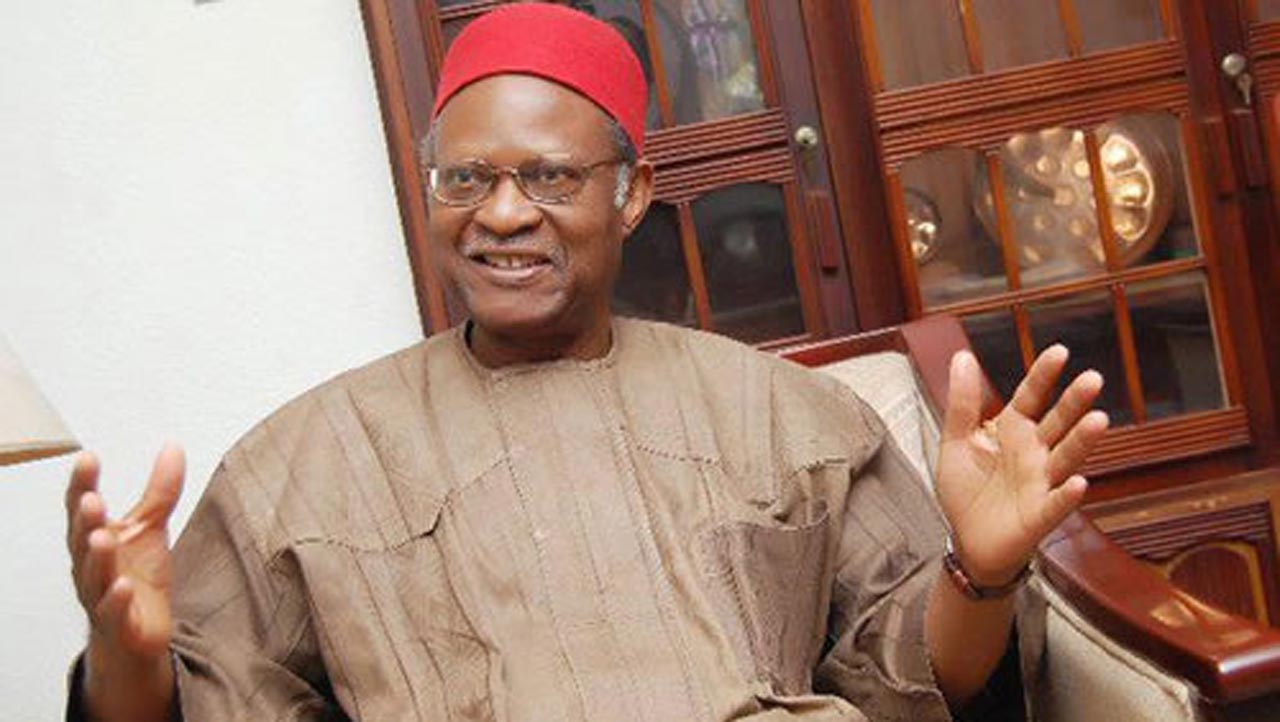By Kingsley Jeremiah, Abuja
Cultural experts, historians, and archivists have raised the alarm over Nigeria losing its cultural heritage if it fails to preserve assets urgently amid growing threats from technological obsolescence, environmental degradation, and poor archival infrastructure.
Speaking at a breakfast meeting in Lagos, hosted by Piql Nigeria, a global leader in long-term data preservation, the stakeholders emphasised that without deliberate efforts to safeguard historical records, the country risked losing critical aspects of its identity and legacy.
The event, themed “Preserving Africa’s Legacy: Safeguarding Historical & Cultural Heritage in the Digital Age,” brought together key figures from academia, heritage institutions and the private sector to discuss the future of archival preservation in Nigeria.
Former Commonwealth Secretary-General, Chief Emeka Anyaoku, decried Africa’s long history of misrepresentation, particularly during the trans-Atlantic slave trade, when European powers deliberately distorted African history to justify their actions.
Anyaoku stressed the importance of reclaiming Africa’s true narrative through robust historical research and archiving.
“The main challenge for historians and archivists today is to dig as deeply as possible into Africa’s past. The more we uncover, the better we can challenge the misconception that Africa was a blank slate before colonial rule,” Anyaoku said.
Philanthropist and cultural advocate, Yemisi Shyllon, equally lamented the failure of national institutions to adequately document Nigeria’s cultural history.
He gave an example of commissioning an artist to create a portrait of educationist, Tai Solarin, only to find that the National Archives lacked sufficient photographic references.
“We do not value our historical records as we should. If we do not document our past, how do we expect to transition from an extractive economy to a knowledge-driven one? Other nations are leveraging historical data to build artificial intelligence and drive innovation, while we continue to neglect ours,” Shyllon said.
The keynote speaker at the event and the Director General of the National Council for Arts and Culture (NCAC), Obi Asika, noted that cultural memory was not just about nostalgia, but represented power, infrastructure, and economic value.
He traced Africa’s deep technological and artistic heritage, citing innovations such as the Benin bronzes, the Nok civilisation’s ironworks, and the Nsibidi writing system, which predated colonial accounts that falsely claimed Africans lacked written history.
Archival management expert, Evelyn Odigbo, spoke on the challenges facing Nigeria’s archives, including funding constraints, lack of public awareness, and poor document submission practices.
She emphasised that archives are not just for researchers or historians, but serve everyone, as they hold the collective memory of a nation.
Historian and legal expert, Nze Ed Keazor, stressed the importance of accurate historical documentation, citing cases where archival research had corrected long-standing misconceptions.
He noted that while it is widely believed that Flora Shaw coined the name ‘Nigeria’ in 1897, there are records from as early as 1719 that mention ‘Nigeria’ in different contexts.
“This is why archival research is critical. It allows historians to challenge inaccuracies and reclaim the country’s history,” Keazor said.







